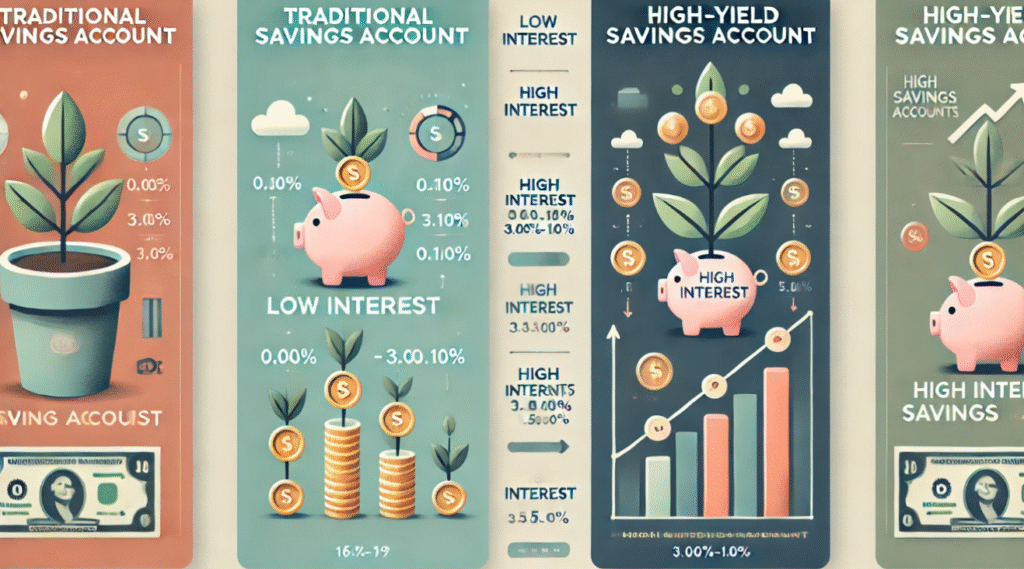
Frugal living is a lifestyle focused on managing finances and resources in a prudent and economical way. It involves making intentional choices to save money and live within one’s means. Benefits of frugal living include reducing financial stress, building savings, and being able to prioritize and achieve long-term financial goals. Managing finances on a tight budget is important for individuals and families to ensure financial stability and security. By being mindful of spending and making conscious decisions about purchases, individuals can stretch their dollars further and avoid unnecessary debt. The purpose of this article is to share practical tips for living frugally every day.
Understand Your Financial Situation
Assessing your income and expenses is an important step in managing your finances. To do so, start by listing all sources of income, such as salaries, bonuses, and investments. Then, track your expenses by listing all monthly bills, such as rent, utilities, and groceries, as well as any other regular expenses. Creating a detailed budget to track your spending can help you better understand where your money is going. Start by categorizing your expenses into essentials (such as housing, groceries, and transportation) and non-essentials (such as dining out, entertainment, and shopping). Allocate a specific amount of money to each category and track your spending to ensure you stay within your budget
Adopt a Frugal Mindset
The psychology of frugal living involves understanding the difference between needs and wants. It’s important to prioritize your long-term goals over short-term gratification and to cultivate gratitude and creativity in managing your resources. By focusing on what you truly need and finding ways to make the most of what you have, you can live a more fulfilling and financially secure life.

Cut Down on Everyday Expenses
Groceries:
Plan your meals and make a detailed list before heading to the grocery store. This will help you avoid impulse purchases and stick to your budget. Look for coupons, discounts, and cashback offers to save money on your purchases. Buying in bulk and opting for store brands can also help cut costs. Keep these tips in mind to make the most of your grocery shopping experience.

Utilities:
Did you know that you can save money on your utility bills by making a few simple changes? One easy way to do this is by turning off appliances and electronics when you’re not using them. You can also switch to energy-efficient light bulbs and appliances, which use less energy and can lower your electricity costs. Another way to save is by optimizing your heating and cooling systems, for example by using a programmable thermostat to regulate the temperature in your home. These small changes can add up to big savings on your utility bills.

Transportation:
It’s important to keep up with regular maintenance on your vehicle to prevent any potential costly repairs down the road. Additionally, carpooling or utilizing public transportation can help reduce traffic and emissions. For shorter distances, consider walking or cycling as a more sustainable and healthy alternative. These options not only save money and reduce environmental impact, but also promote a healthier lifestyle.
Save on Housing Costs
If you’re feeling the financial strain of your rent or mortgage, consider downsizing to a smaller and more affordable living space or finding a roommate to help share the costs. You could also try negotiating with your landlord or lender for more favorable terms. Additionally, handling simple home repairs and maintenance on your own can save you money in the long run. There are plenty of resources available online to help you learn how to DIY common household tasks.

Embrace DIY Solutions
Learning to cook meals at home can save you money and give you more control over your ingredients. It’s also a great way to learn new skills and experiment with different flavors. Repairing and repurposing items instead of replacing them can help reduce waste and save you money. It’s also a creative way to give new life to old items. Taking on simple home improvement projects can be a rewarding way to improve your living space and save money on hiring professionals. It’s also a great way to build new skills and gain a sense of accomplishment.

Reduce Entertainment and Subscription Costs
There are plenty of free or low-cost local activities available in most communities. You can visit local parks, museums, or community events for little to no cost. Additionally, consider canceling any unused subscriptions and switching to free alternatives for things like streaming services or other monthly expenses. You can also save money by borrowing books, movies, or games from your local library instead of purchasing them. These are all great ways to enjoy entertainment and activities without breaking the bank.

Develop Money-Saving Habits
Cash envelopes or spending trackers can be helpful tools to stay within budget by allocating specific amounts of cash for different expenses and keeping track of where your money is going. This can help you avoid overspending and accumulating unnecessary debt. It’s also important to prioritize paying off any existing debt as quickly as possible to avoid accumulating more interest and to improve your financial situation. Setting savings goals and automating transfers to savings accounts can help you build up your savings over time. By designating specific amounts to be transferred from your checking account to your savings account on a regular basis, you can make saving a priority and work towards achieving your financial goals.

Shop Smart
Planning purchases during sales or clearance events can save you a significant amount of money. By keeping an eye on upcoming sales and clearance events, you can make a list of items you need and take advantage of the discounted prices. Additionally, using comparison websites can help you find the best deals on the items you’re looking for. This can ensure that you’re getting the most value for your money. Lastly, avoiding buying on credit can help prevent overspending. Using cash or debit cards for purchases can help you stick to your budget and avoid accumulating unnecessary debt.
Build an Emergency Fund
Starting small and gradually increasing your savings is a smart approach to building a financial safety net. Setting up a separate account for emergency funds can help you to easily track and access these funds when needed. By consistently contributing to this account, you can ensure that you are prepared for unexpected expenses or financial emergencies. Over time, this strategy can help you to build a strong foundation for your financial security.
It’s important to refrain from using emergency services for non-emergencies in order to ensure that those in true need of urgent assistance are able to receive help as quickly as possible. If you have a non-emergency situation, consider reaching out to a non-emergency hotline or seeking assistance from a non-emergency service provider. This will help to free up emergency resources for those who are facing critical situations. Thank you for understanding and for helping to prioritize emergency services for those who truly need them.

Stay Consistent and Motivated
It’s important to track your progress regularly and make adjustments to your budget as needed. Celebrating small wins along the way can help to keep you encouraged and motivated as you work towards your financial goals. By staying on top of your budget and recognizing your achievements, you can maintain a positive and proactive mindset when it comes to managing your finance.
It’s important to surround yourself with like-minded individuals who value frugality. This can help reinforce your own financial goals and provide support and encouragement as you work towards them. By surrounding yourself with people who share similar values, you can also exchange tips and strategies for saving money and living within your means. Building a community of frugal individuals can also provide a sense of camaraderie and understanding, as you navigate the challenges and rewards of a thrifty lifestyle.

Conclusion
Living frugally on a tight budget is completely doable with some key tips in mind. First, create a budget and stick to it. This means tracking your expenses and cutting out unnecessary costs. Consider meal planning and buying in bulk to save on groceries. Look for deals and discounts, and consider buying secondhand or borrowing items instead of purchasing new. To adopt a frugal lifestyle, start by making small changes and gradually building up to bigger ones. It’s important to be patient and consistent in your efforts. The rewards of living frugally are substantial. Not only will you have financial stability and peace of mind, but you’ll also be able to save for the future and enjoy a sense of accomplishment from your efforts.













